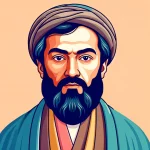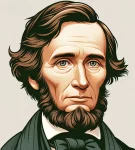Francis Bacon
Intro Sir Francis Bacon marked the turning point in European intellectual history where natural philosophy gave way to natural science. Since the ancient Greeks, the prevailing method of inquiry had been the use of logic, or argumentation. Aristotle had formulated a system of logic by which arguments could be evaluated and their implications teased out. It was a way of discovering the truth by rat... »





